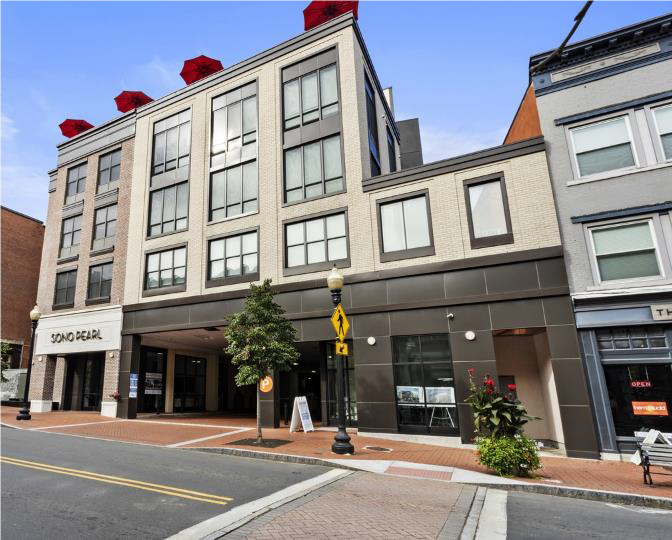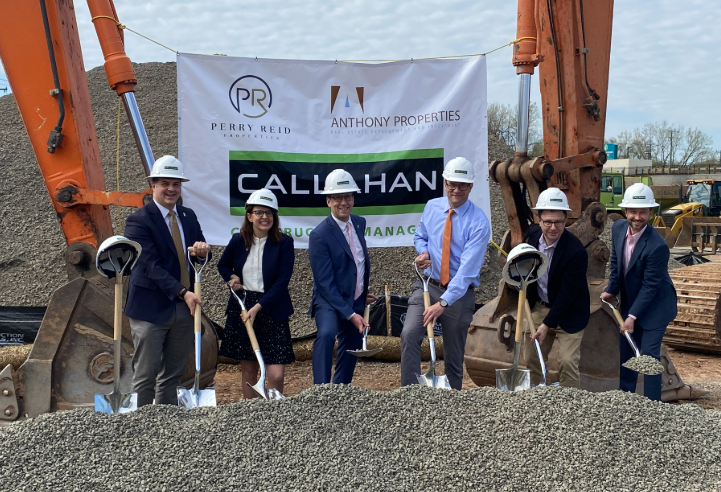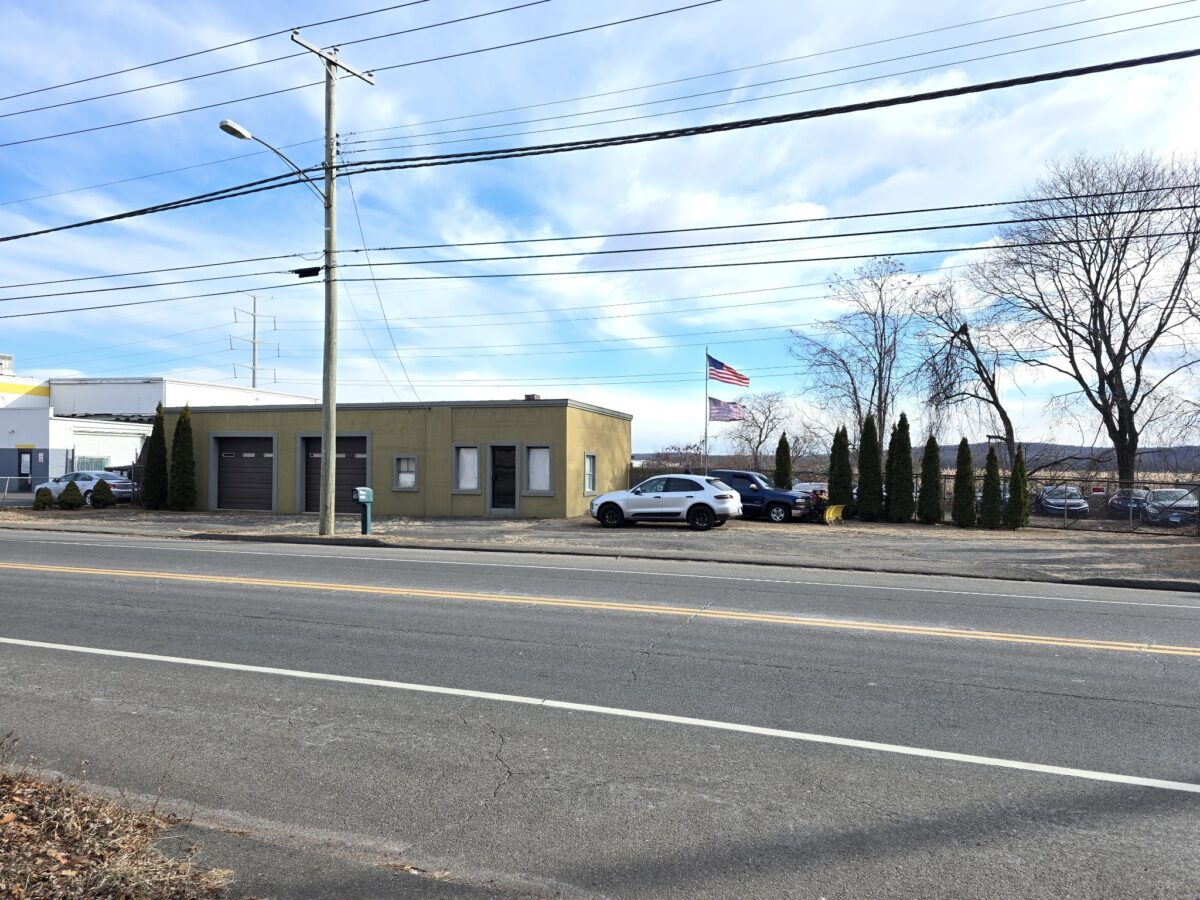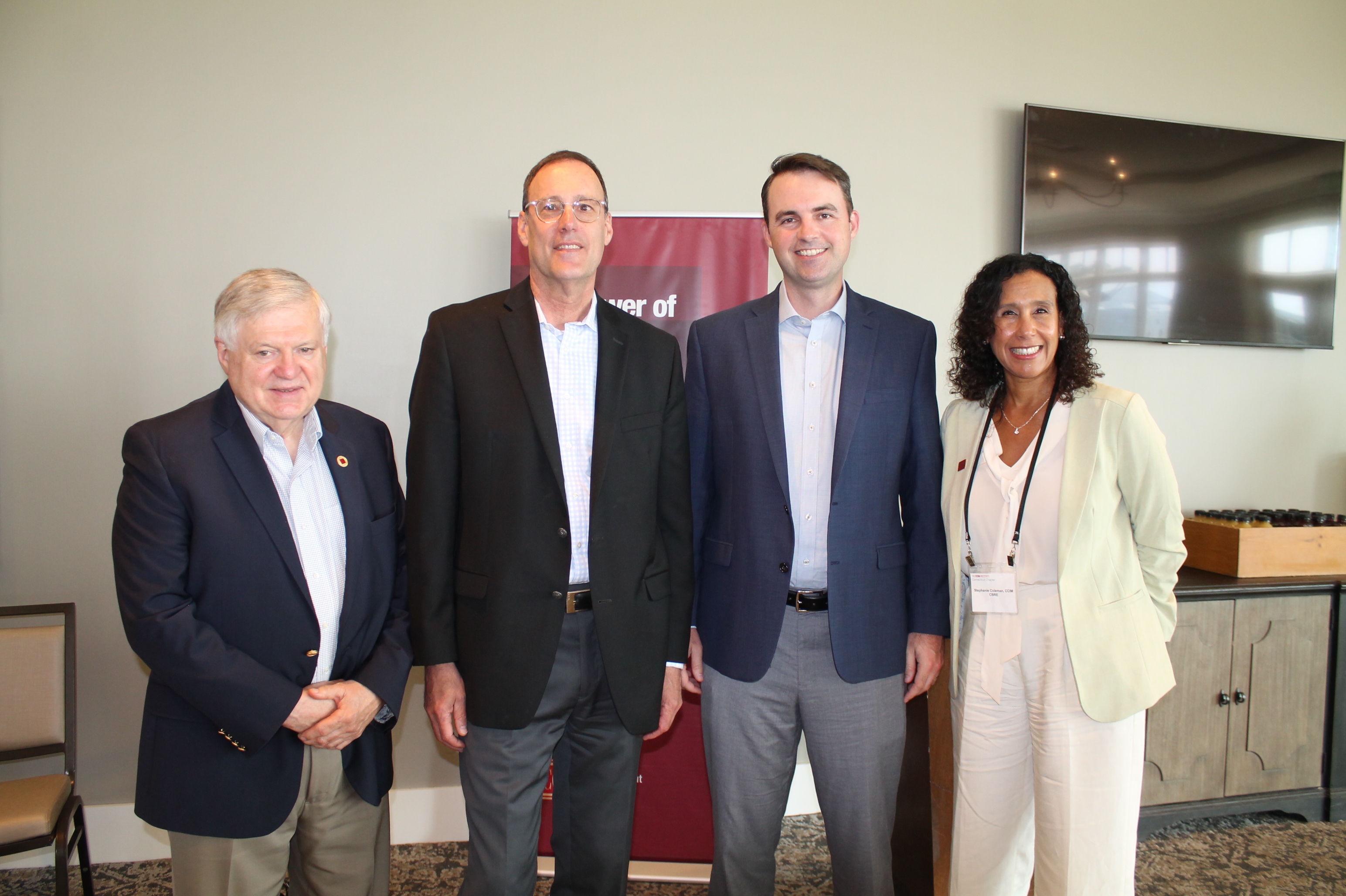A transformational approach to economic development - by Courtney Hendricson
 Farmington versus Enfield – two very different municipalities in Greater Hartford County. I worked in both for several years and despite their differences in size, geography and industries, they have several common strengths and challenges that all of the towns and cities in Greater Hartford share. They sit along the major highway corridors and have great access to air and rail infrastructure. They both lie in the heart of the knowledge corridor with a population of almost 2 million and more than 160,000 university students. And they boast beautiful natural resources as well as cultural and lifestyle amenities. Bottom line: Metro Hartford is a desirable region in which to live and work. But is has its challenges too. So many of the towns and cities in this region need infrastructure upgrades, increased transit options, social engagement of their residents and businesses, and an influx of private investment dollars.
Farmington versus Enfield – two very different municipalities in Greater Hartford County. I worked in both for several years and despite their differences in size, geography and industries, they have several common strengths and challenges that all of the towns and cities in Greater Hartford share. They sit along the major highway corridors and have great access to air and rail infrastructure. They both lie in the heart of the knowledge corridor with a population of almost 2 million and more than 160,000 university students. And they boast beautiful natural resources as well as cultural and lifestyle amenities. Bottom line: Metro Hartford is a desirable region in which to live and work. But is has its challenges too. So many of the towns and cities in this region need infrastructure upgrades, increased transit options, social engagement of their residents and businesses, and an influx of private investment dollars.
The Connecticut Economic Resource Center, Inc. (CERC) recognizes these common challenges in Greater Hartford and around the state – and we’re responding. The municipal services division that I now oversee here at CERC is our brand-new initiative devoted to helping Connecticut municipalities with their economic development efforts. This endeavor (and need) was born out of the “economic development 101” course that CERC, in partnership with the Connecticut Economic Development Association (CEDAS), has been successfully bringing to municipalities around the state over the past two years. We have already provided the training, titled “A Transformational Approach to Economic Development, to 35 towns and reached nearly 1,000 attendees! This training is all about why economic development matters, targeting the key players in your community that impact economic development and focusing on how they can work together in order to be successful. The “phase 2” of this training is a local self-assessment survey that towns can take with their key leaders in order to understand their economic development gaps and identify areas for improvement. CERC municipal services staff lead a facilitated discussion to help these towns identify what their next best steps would be, either independently or with CERC’s help.
From the training and the self-assessment work, a myriad of requests has come from towns to engage with CERC – so that we can help them with economic development, whether that be one project or their whole program. Currently we are working with:
• A town in northwest Connecticut who wants help bringing together all of the local arts and culture-related organizations and institutions to promote the arts for tourism
• A town in southeast Connecticut on an application to the state to form a special development district
• A north central town on a strategic planning and visioning project to help their economic development commission identify priorities and projects
• A central Connecticut town on a “rebranding” effort and marketing strategy.
We have several pertinent divisions at CERC that assist with this work: research, marketing, commercial real estate, and business retention and recruitment, in addition to the newly formed municipal services division. Thus, we can draw upon the expertise from each of these in-house teams depending on the specific project that CERC and our clients are undertaking.
The examples I illustrated are some of the ways in which CERC can help at the local level. We want to work with municipal leaders to help them effectively implement economic development from the broadest strategic work to the most-specific project.
Why now? The demand is high. Our board of directors has encouraged us to strengthen this part of our business as they understand the need is great for towns and cities to become more effective at economic development efforts. CERC stands ready to assist Connecticut municipalities in leveraging their strengths and unique competitive advantages and mitigating their challenges.
I am excited about starting this work at CERC and assisting the state of Connecticut. For me, it’s all about relationships and putting people first. I think that is the essential ingredient in economic development: understanding what you want to be as town, what your businesses need, and matching the two together harmoniously. What are your gaps? Whether it’s the fun activity like cutting ribbons and creating a signature event, or the more “brass tacks” work of re-tooling your land-use regulatory process, we can help you.
Someone described it to me as choose your own adventure. Remember those books from when we were kids where you could choose certain paths for the character to take and the story would change accordingly? We can help you with whichever part of the adventure you are on…and if we need to change the ending, we can do it. Together.
I look forward to hearing from you with your local economic development challenge. Please feel free to contact me and let’s discuss ways that CERC can help you succeed in your town.
Courtney Hendricson vice president of municipal services for Connecticut Economic Resource Center, Rocky Hill, CT
Highcap Group brokers $41.1 million sale of two building multifamily portfolio
Norwalk, CT Highcap Group has completed the sale of two luxury multifamily properties with a total of 120 units for a combined purchase price of $41.4 million.








